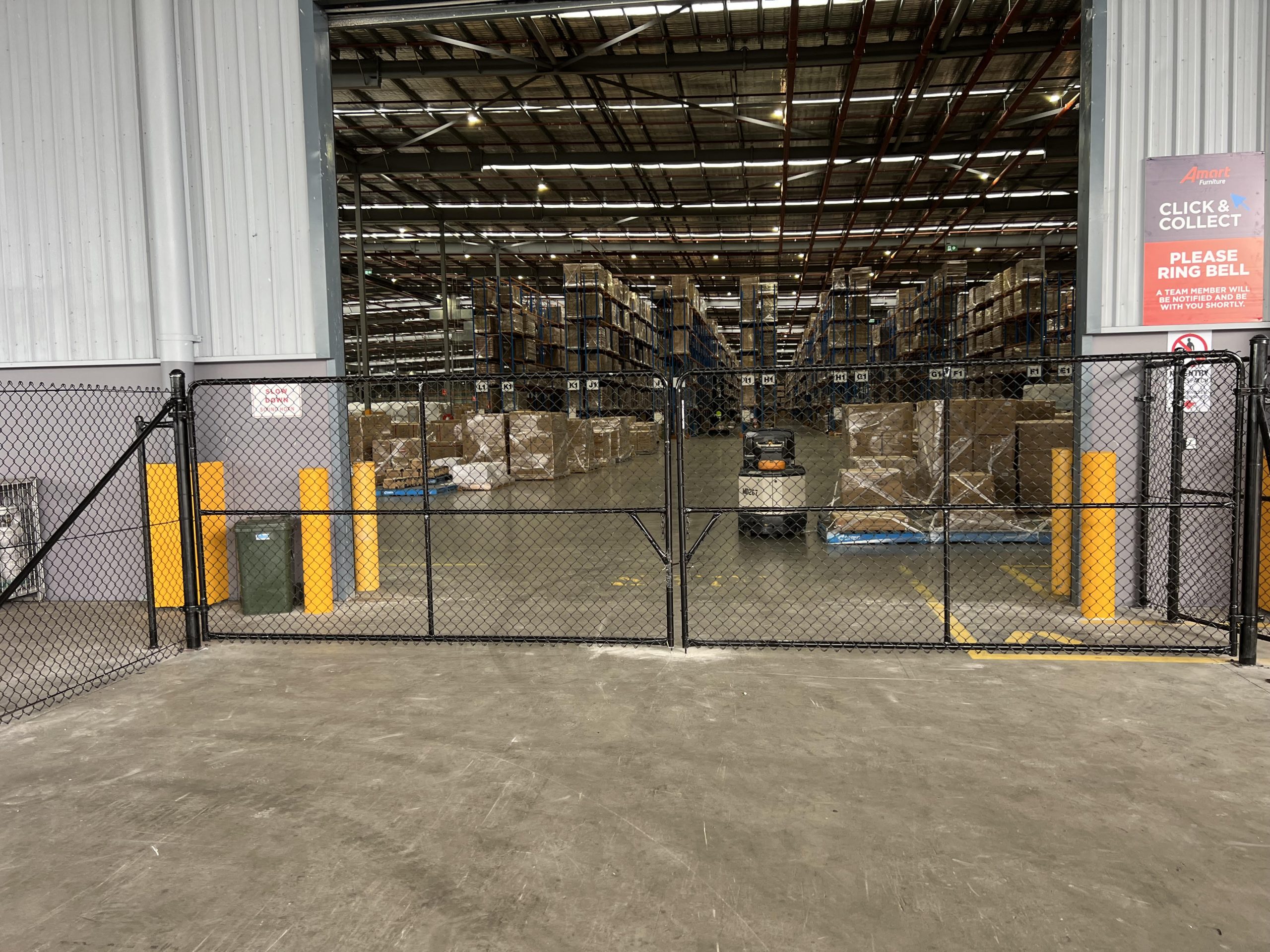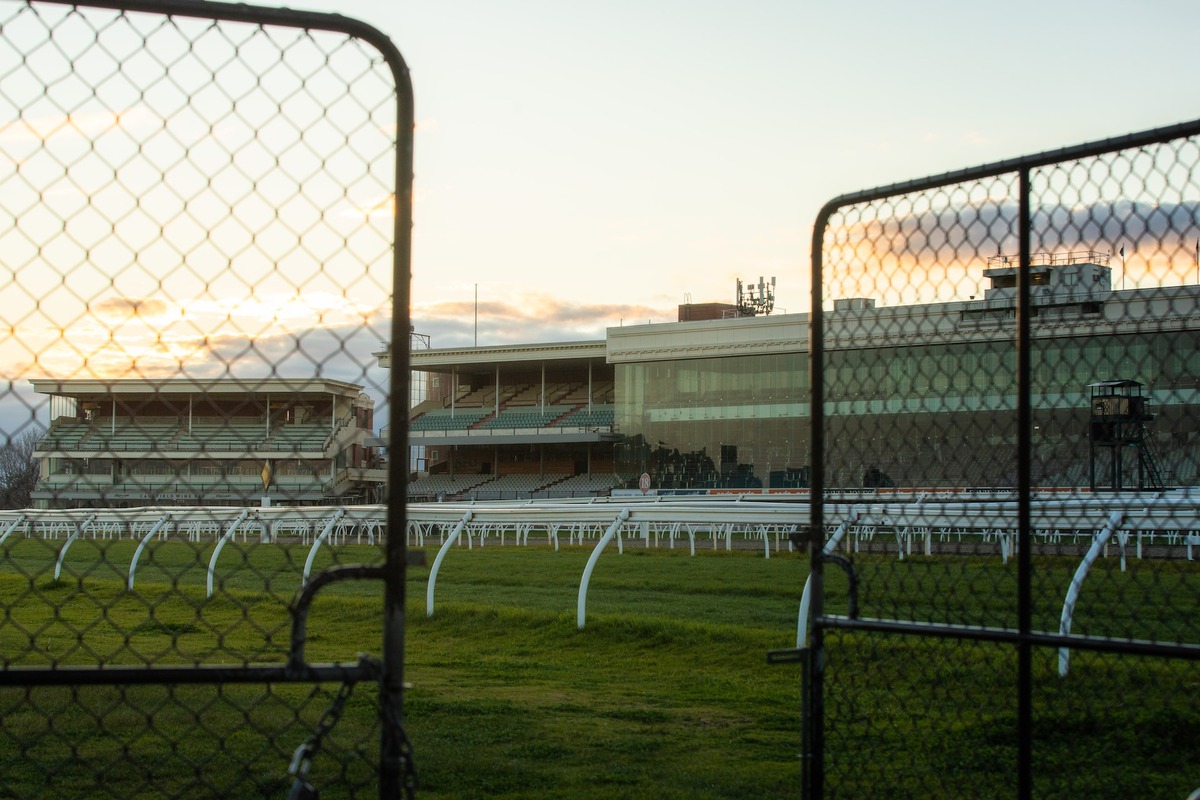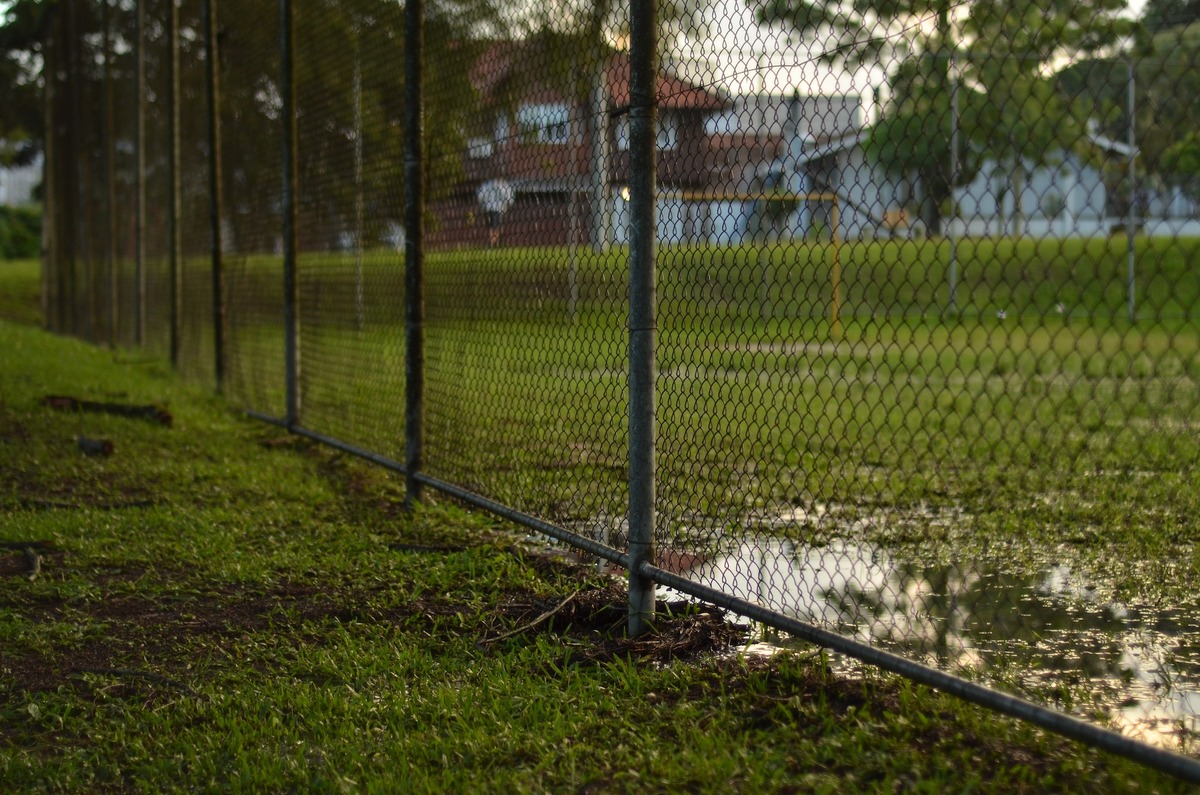Few fencing options offer chain-wire fences’ durability, flexibility, and affordability when securing properties. Choosing the right materials is critical to ensuring your chain-wire fence lasts for years, whether for residential, commercial, or industrial use.
This blog post will explore the best materials for chain wire fences, comparing their durability, maintenance needs, and suitability for various environments. By the end, you’ll have the insights to make the right choice for your fencing project, ensuring longevity and cost-effectiveness.
Key Factors for Durable Chainwire Fencing
The longevity of chain-wire fencing largely depends on the materials used and the environmental conditions to which they are exposed. Factors such as exposure to moisture, salt, and UV rays can significantly impact the lifespan of your fence. This is why selecting the right types of fencing wire is essential.
As one of Sydney’s trusted fencing contractors, we often advise our clients to consider both fencing contractor prices and contract fencing rates when budgeting for their fencing projects. Quality materials may cost more upfront but save on long-term repairs and replacements.
Why Material Choice Matters
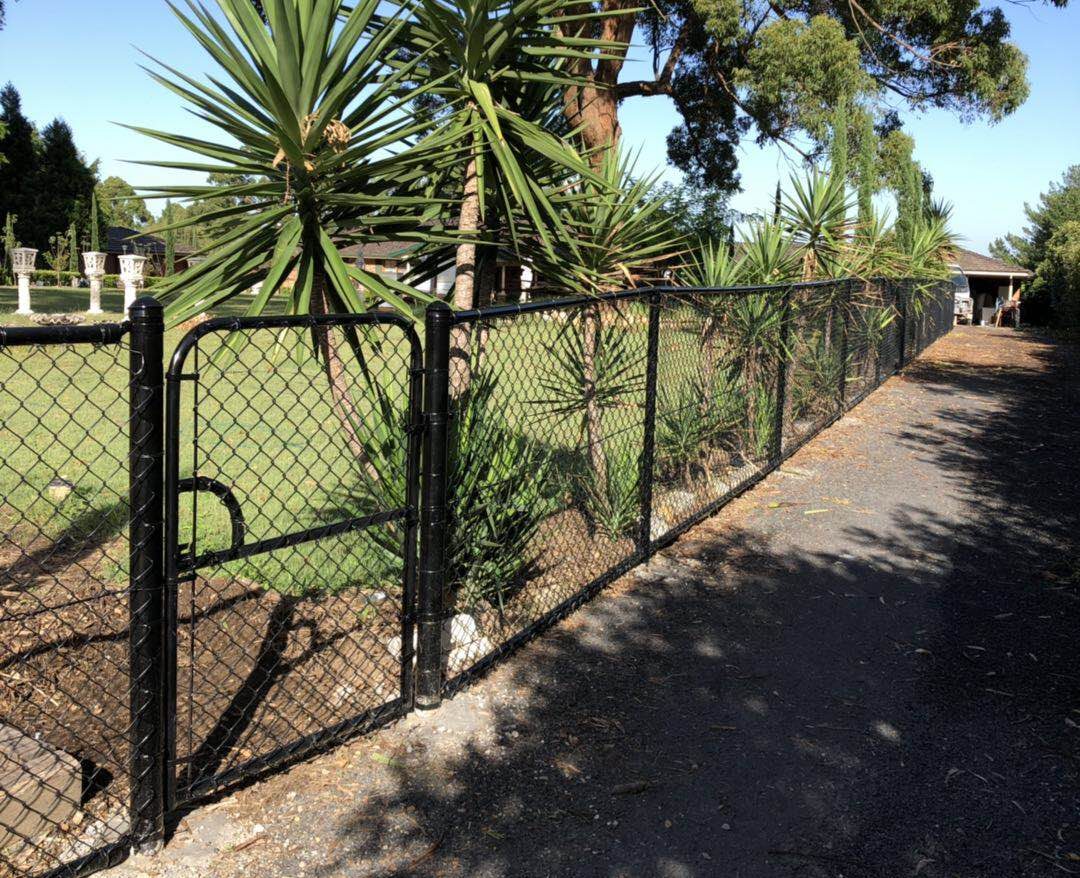
Different materials offer varying levels of durability, appearance, and resistance to environmental factors. For example, a chain-wire fence that performs well in an urban setting might not be as effective in coastal regions. For this reason, it’s crucial to assess the specific demands of your location.
For example, galvanised steel performs well in low-salinity environments, while stainless steel is often preferred for coastal areas. Meanwhile, PVC-coated chain wire adds an extra layer of protection, making it an attractive option for properties requiring aesthetic appeal and functionality.
Additionally, material choices can impact the overall cost of the project. Fencing contractor prices can fluctuate based on the material selected. Understanding the balance between upfront costs and long-term maintenance can help you make a more informed decision. At Longain Fencing, we specialise in providing high-quality chain-link mesh solutions across Sydney and surrounding areas.
Comparing Chainwire Fencing Materials
1. Galvanised Steel
Galvanised steel is a popular choice for chain wire fencing due to its affordability and resistance to rust. The steel is coated in zinc, creating a protective layer that shields it from corrosion and extends its lifespan.
Benefits:
- Cost-effective and widely available
- Strong resistance to rust and corrosion
- Suitable for residential, commercial, and industrial applications
Durability: Galvanised steel is durable in most environments, but additional maintenance may be required in high-salt areas in high-salt areas.
How does galvanised steel compare to stainless steel for chainwire fencing? While galvanised steel offers robust protection, stainless steel provides superior rust resistance, making it better for challenging environments.
2. Stainless Steel
Stainless steel is the top-tier option for maximum durability and corrosion resistance. It’s ideal for environments exposed to salt, moisture, or chemicals and perfect for coastal properties and industrial areas.
What is the most durable material for chainwire fences? Stainless steel consistently ranks as the most durable.
Benefits:
- Highly resistant to corrosion and rust
- Low maintenance over time
- Excellent for harsh or coastal environments
Is stainless steel worth the investment in chain-wire fencing? Although it is more expensive upfront, its durability and minimal maintenance make it a cost-effective choice in the long run.
3. PVC-Coated Chainwire
PVC-coated chainwire offers an additional layer of protection and aesthetic appeal. Applying a PVC coating over galvanised steel makes the fence more resistant to weathering and damage.
What are the benefits of PVC-coated chain-wire fences? This material extends the fence’s life and enhances its appearance with various colour options.
Benefits:
- Attractive and customisable
- Provides extra protection against corrosion
- Suitable for residential areas, schools, and sports fields
Explore our quality chain wire fencing solutions on the Our Product page.
Maintenance Tips for Longevity
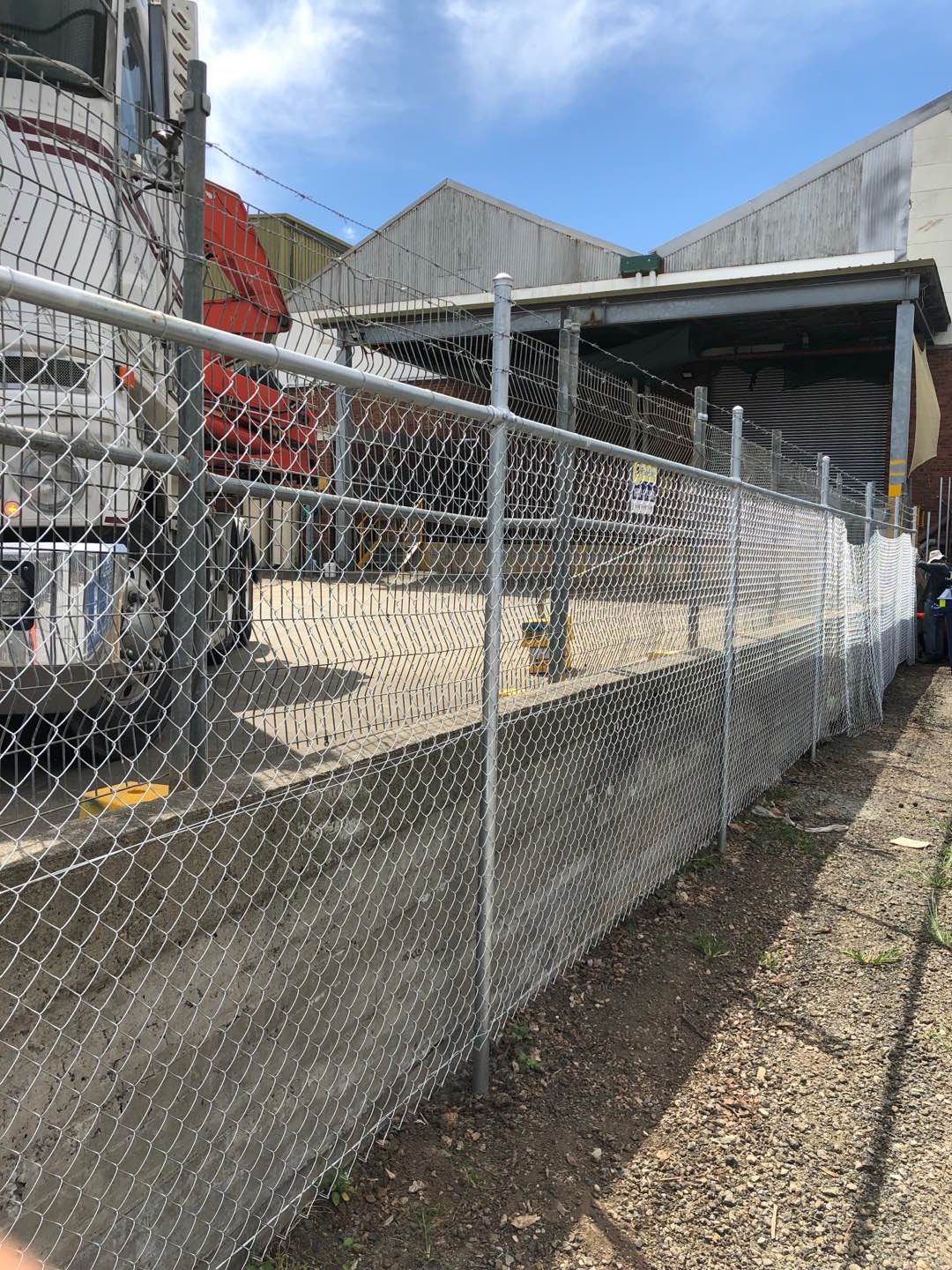
Regular maintenance is essential to ensure your chainwire fence stands the test of time. Here are a few tips on how to maintain your chain wire fence for longevity:
- Regular Inspections: Check for signs of wear, rust, or damage after extreme weather.
- Keep It Clean: Remove debris and vegetation that may accumulate along the fence.
- Repair Promptly: Address small issues early to prevent larger, more expensive repairs.
Additionally, applying protective coatings or repainting can further extend the lifespan of your fence. This is particularly important for galvanised steel fences, as periodic re-coating helps prevent rust from forming.
Contact us for professional maintenance and repair services.
Choosing the Right Material for Coastal Areas
Choosing the right fencing material is crucial to avoid premature wear if your property is near the coast. Which chainwire fencing material is best for coastal areas? Stainless steel is the best option due to its superior resistance to salt and humidity.
Galvanised steel can also be used in coastal areas if properly maintained. Periodically applying a PVC coating or re-galvanizing can prolong its lifespan. Coastal properties often experience strong winds and storms, so reinforced chain wire with stainless steel is a sound investment.
Check out our coastal fencing installations by visiting our Gallery.
Conclusion
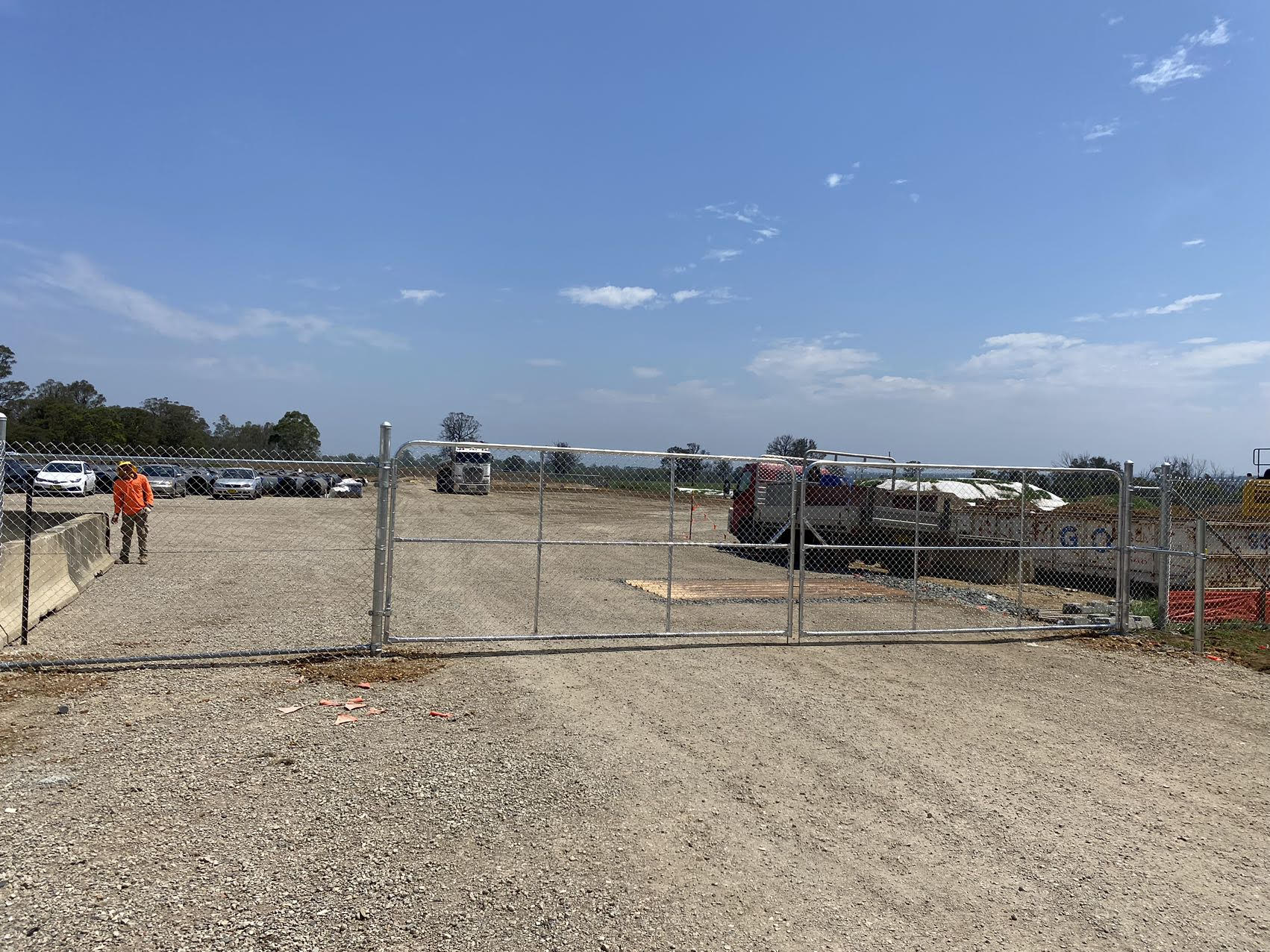
Choosing the right material for your chainwire fence ensures long-term durability and value. Whether you prefer the affordability of galvanised steel, the resilience of stainless steel, or the aesthetics of PVC-coated fencing, Longain Fencing has the expertise and products to meet your needs.
Browse our full range of Products or reach out via our Contact Us page for a personalised consultation.

